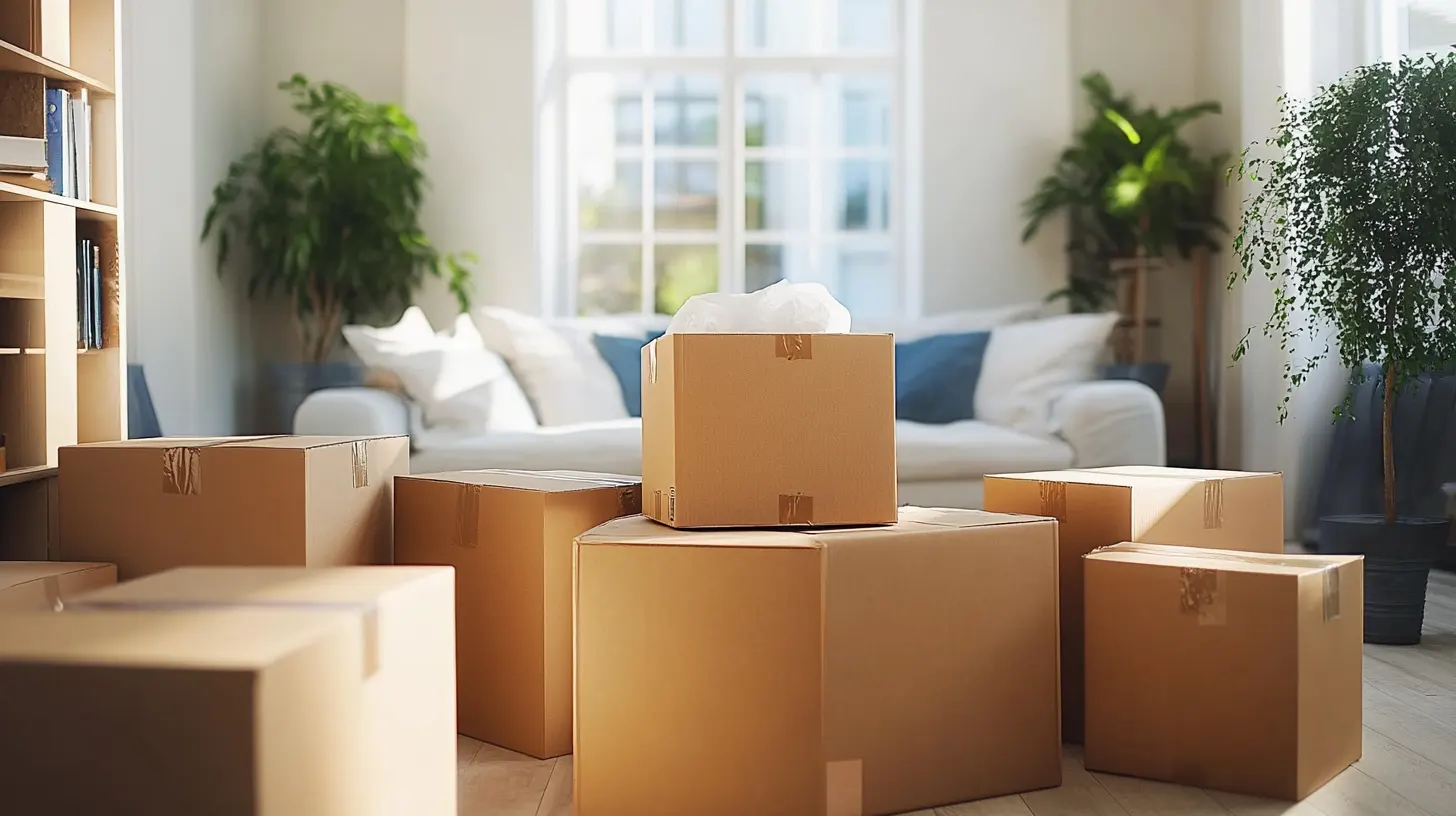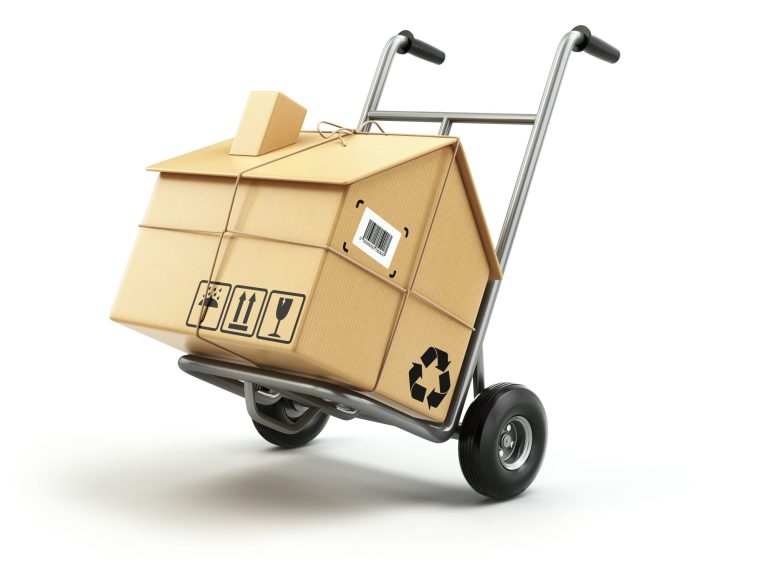Are you searching for essential packing tips when moving abroad?
As the cold weather begins to set in across the UK, the idea of relocating abroad certainly seems appealing!
Moving to another country is an exciting adventure, but it can also be quite overwhelming.
Figuring out what to take with you, what to store, and what to leave behind can be a daunting task.
You want your new place to feel like home, but you also don’t want to bring items that you can easily replace.
We’re here to help you navigate the process of packing when moving abroad.
In this comprehensive guide, we’ll provide you with top tips on what to pack, how to prepare, and how to make your international move as smooth as possible.
Important Documents to Prepare
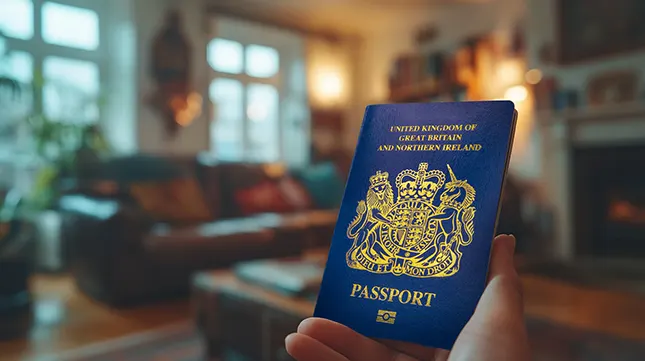
When packing for an international move, your important documents are perhaps the most crucial items to organise. Proper preparation will save you a lot of stress down the line.
Essential Documents to Pack:
- Passport and Visas: Ensure your passport is valid for at least six months beyond your planned stay, and secure all necessary visas.
- Birth and Marriage Certificates: Original documents may be required for various legal processes abroad.
- Medical Records: Include vaccination records, prescriptions, and any pertinent medical history.
- Educational Certificates: Diplomas, transcripts, and professional qualifications might be needed for employment or further education.
- Financial Documents: Bank statements, tax records, and investment information.
- Insurance Policies: Health, travel, and property insurance documents.
- Property Documents: Lease or purchase agreements for your new home, and any paperwork related to selling or renting out your UK property.
- Driver’s Licence and International Driving Permit: If you plan to drive abroad.
Tips for Document Security:
- Make Copies: Photocopy all important documents and keep the copies separate from the originals.
- Digital Backups: Scan documents and store them securely online using encrypted cloud storage or a secure USB drive.
- Organise: Use a dedicated document organiser or folder to keep everything in order and easily accessible.
What to Pack in Your Carry-On Luggage
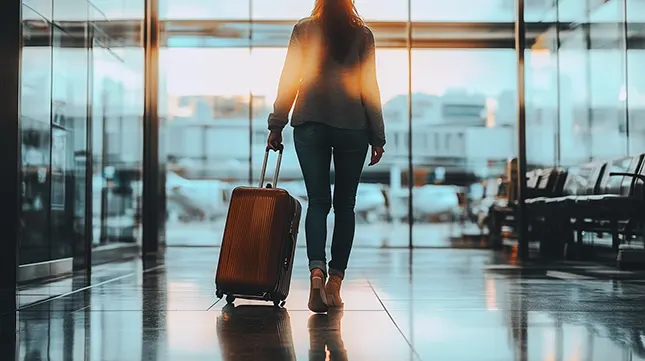
Your carry-on luggage should contain all the essentials you’ll need immediately upon arrival, as well as items that are too valuable or important to risk losing.
Carry-On Essentials:
- Clothing: Pack a few changes of clothes suitable for the climate of your destination.
- Toiletries: Travel-sized toiletries for the first few days.
- Medications: Any prescription medications you take regularly, along with copies of prescriptions.
- Important Documents: All original documents as listed above.
- Electronics: Mobile phone, charger, laptop, and necessary adapters. Remember to bring a portable battery pack.
- Money: Local currency and accessible funds via credit/debit cards.
- Health Insurance Information: International travel insurance details.
- Comfort Items: For families, items that make children feel secure, such as a favourite toy or blanket.
- Entertainment: Books, magazines, or devices loaded with movies and music for the journey.
Travel Tip: Keep all valuables and important items in your carry-on. Checked luggage can sometimes be delayed or misplaced, so it’s best not to risk it.
What to Include in Your Shipment

For items you won’t need immediately but still want to have in your new home, shipping is the way to go. Remember that shipments can take several weeks to arrive, so plan accordingly.
Items to Ship:
- Seasonal Clothing: Clothes for different seasons, especially if your destination has varied weather.
- Kitchenware: Pots, pans, utensils, and appliances you can’t live without.
- Personal Items: Photo albums, artwork, and décor that make your house feel like home.
- Furniture: Favourite pieces that are worth the shipping cost.
- Hobby Equipment: Sports gear, musical instruments, crafting supplies.
- Books and Media: Your treasured collection of books, records, CDs, or DVDs.
- Holiday Decorations: Special items for celebrations like Christmas or other significant holidays.
Shipping Tips:
- Inventory List: Create a detailed inventory of all items being shipped.
- Insurance: Consider purchasing insurance for valuable items.
- Customs Regulations: Check the customs rules of your destination country to avoid issues with prohibited items.
What to Store While You’re Abroad

If you’re moving abroad temporarily or have items you don’t need overseas but aren’t ready to part with, consider placing them in storage.
Ideal Items for Storage:
- Valuable Art and Antiques: Items with significant financial or sentimental value.
- Large Furniture: Bulky items like sofas, wardrobes, or beds that are impractical to ship.
- Personal Collections: Items like stamp collections, memorabilia, or heirlooms.
- Seasonal Items: Winter gear or summer equipment you won’t need abroad.
- Important Documents: Original copies of documents you have duplicates of.
Storage Solutions:
- Container Storage: A secure option where a container is delivered to your home, filled, and then stored in a secure facility.
- Climate-Controlled Units: Ideal for sensitive items that could be damaged by temperature fluctuations.
What to Leave Behind or Give Away

Moving abroad is an excellent opportunity to declutter. There are items that are better sold, donated, or recycled before you go.
Items to Consider Leaving Behind:
- Electrical Appliances: Due to voltage differences and plug types, it’s often better to buy new appliances abroad.
- Toiletries and Consumables: Non-essential items that can be easily purchased in your new country.
- Vehicles: Shipping cars can be prohibitively expensive and sometimes not allowed due to regulations.
- Restricted Items: Each country has specific import restrictions. Common prohibited items include certain foods, plants, and animal products.
- Hazardous Materials: Items like cleaning products, aerosols, or flammable materials are typically not allowed in shipments.
- Flat-Pack Furniture: These items often don’t survive disassembly and reassembly well. Consider selling and repurchasing if needed.
- Bedding and Linens: Unless they hold sentimental value, it’s usually easier to buy new ones upon arrival.
Decluttering Tips:
- Sell: Use online marketplaces to sell items in good condition.
- Donate: Give to charity shops or community organisations.
- Recycle: Responsibly dispose of items that cannot be sold or donated.
Remember: If you haven’t used something in the past year, it’s a good indicator that you can live without it.
Packing Techniques and Tips
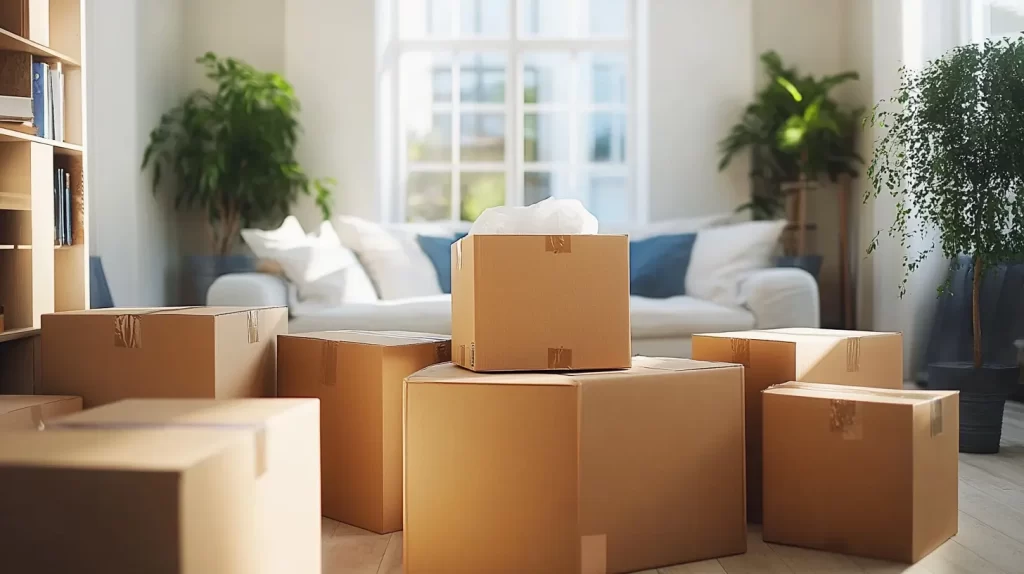
Efficient packing can save you space, time, and money.
Follow these top tips for packing when you move abroad!
Top Packing Tips:
- Use Quality Materials: Sturdy boxes, bubble wrap, and packing tape are essential.
- Label Everything: Clearly label boxes with their contents and the room they belong to.
- Pack Heavy Items in Small Boxes: This makes them easier to carry and less likely to break.
- Protect Fragile Items: Wrap breakables individually and use plenty of cushioning.
- Disassemble Furniture: Where possible, take furniture apart to save space.
- Vacuum-Seal Clothes: This reduces the volume of clothing, freeing up space.
- Create an Essentials Box: Pack a box with items you’ll need immediately upon arrival, and label it clearly.
Creating a Packing Timeline
Organising your packing process with a timeline can make the move less stressful.
Checkout our timeline below – it just might come in handy!
Suggested Packing Timeline:
- 8 Weeks Before Moving:
- Begin sorting through belongings and decide what to keep, store, or discard.
- Research and book international removal services – be sure to check out customers reviews for each company!
- 6 Weeks Before Moving:
- Start packing non-essential items.
- Organise important documents and obtain necessary visas.
- 4 Weeks Before Moving:
- Notify utility companies and service providers of your move.
- Arrange for mail forwarding.
- 2 Weeks Before Moving:
- Pack most of your belongings.
- Confirm travel arrangements and accommodation.
- 1 Week Before Moving:
- Pack carry-on luggage.
- Clean your home and finalise any last-minute tasks.
- Moving Day:
- Ensure all boxes are correctly labelled and ready for collection.
- Do a final walkthrough to check nothing is left behind.
Ready to Move Abroad?

We hope these top tips for packing when moving abroad have made the relocation process less daunting!
Moving internationally is a significant step, and having the right support can make all the difference.
If you are planning or considering a move overseas, you will need the help of a trusted removals company.
At R.H Pardy Moving & Storage LTD, we are always happy to assist with your move, whether in the UK or internationally!
With years of experience moving individuals and families alike to locations throughout the UK, R.H Pardy Moving & Storage Limited can help you with every element of your move.
Our specialist team can guide you throughout every aspect of your relocation journey.
For added assurance, you will have the knowledge that you are dealing with a member of the British Association of Removers.
For more information about our removals services and to help with any questions you may have, be sure to give us a call today at 01202499390, or fill out our quick and easy contact form here.
A member of our team will be more than happy to help you answer your questions and get your move started in no time!

